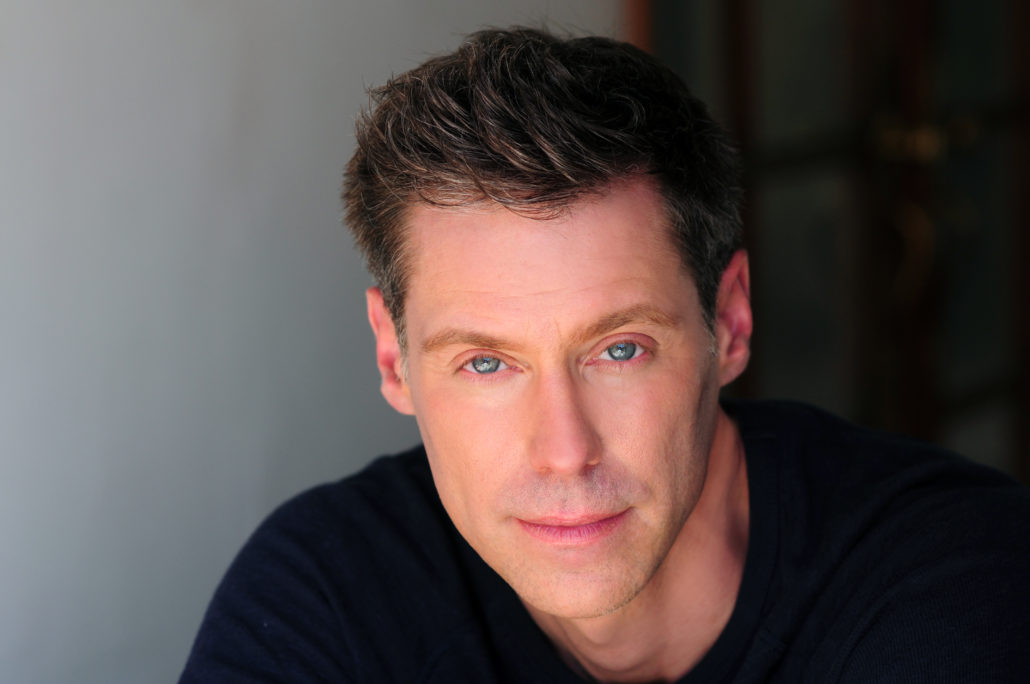Samuelson has lent his voice in Jurassic World: Fallen Kingdom, Spiderman: Homecoming.

Roy Samuelson is a leading voice over artist in film, television, radio and internet. His smooth as silk tones have been heard in campaigns for major U.S. brands like McDonald’s, Target and Ford. Angelenos are familiar with him from listening to his promos on LA’s KCRW/PBS Radio. Currently, he is a major force as an Audio Description narrator, enabling the blind and sight impaired the ability to enjoy films and television programs. For those who are unfamiliar with Audio Description; a special track is placed over the finished film track, containing the narrator’s voice who then describes that which can’t be see on screen. Samuelson has lent his voice in this way for such blockbusters as Jurassic World: Fallen Kingdom, Spiderman: Homecoming, Get Out, First Man, Atomic Blonde and many more top films.
You’ve worked as a voice over artist on many film, tv, internet and radio projects. What is one of the last one or two projects that you can tell us about?
I had the opportunity to record Audio Description for the upcoming Pierre Cardin documentary “House of Cardin”. It’s filled with subtitles (which also needs Audio Description) and fashion and design. It’s one of the more challenging Audio Description narrations I’ve recorded, and I am proud to produce it!
How did your career start?
I started my career on mic many years ago at Walt Disney World in Florida at the Great Movie Ride, spieling and performing on mic. It was real world training with audiences, and I trained myself to adjust my performances based on the audiences’ reactions (or lack of reactions!). It’s also one of the first times I learned about disability and how the Company trained people like me, which took away some of my assumptions of disability in a good way. My interest in voice over came from my acting background. I have performed in plays, taken improv classes, hundreds of voice over workouts and studied with voice over and acting and improv coaches – it all helps!
Do you do any special vocal exercises to prepare or train your voice on a typical work day?
I like to prepare in a few ways! Daily, I do breathing techniques and some enunciation games (OK, fine – “tongue twisters”). In addition to auditions and bookings, I like to do voice over workouts, and study with coaches. My acting training comes from acting and improv classes, in addition to specific kinds of voice over coaches.
Are there any curious or interesting experiences that happened to you professionally during your career that helped to shape or influence your overall career?
I’ve met a lot of great performers who’ve shared their experiences with me. Their openness, willingness, and kindness are unmatched. There is so much I don’t know, and when I said things that they may be offended by, I was so humbled by their understanding of my perspective of not knowing, and helping me see some different perspectives I’ve not considered before. These thoughtful and kind gestures of sharing have helped pass down some valuable info to me, and it’s great to see on social media these kinds of good messages. Additionally, I’ve found that when I’ve “lost” a job that was important to me, I could look back at that time and see that there was an even better opportunity that came soon after (or because of what I learned from), that “lost” job.
Many voice over artists have also trained as actors. Do you also have an acting background?
Acting is an essential part of voice over! Even with narration work, I consider the narrator a character who is telling a story. Characters in animation, even voice over in commercials, all have intentions to be played out. I personally feel it’s all acting!
Voice over work can often be difficult with so many words and pronunciations. Have you ever had a hard time as a voice over artist in terms of pronouncing words or perhaps maneuvering difficult, long sentences?
It’s sometimes the one word that trips me up! I’ve found that, once I fall through the cracks, it’s sometimes hard to interrupt the fall. A great example is in House of Cardin. I had to say a word with the French pronunciation but it came out with the English pronunciation. Reading the English, hearing French, and saying one French word, while also watching the timecode, and following the inflections of the French speaker, I guess I had to give up something… and that something just happened to be pronouncing that one word. It happened about 3 times throughout the movie. I couldn’t see the engineer roll his eyes, but I could ALMOST hear the eye rolls — there’s no way to learn every word and every pronunciation. I do my best to be open and flexible when I am in a session. If I don’t know…I’ll ask, and that helps save a lot of hassle down the road.
Original Publishing: Interview with Roy Samuelson
